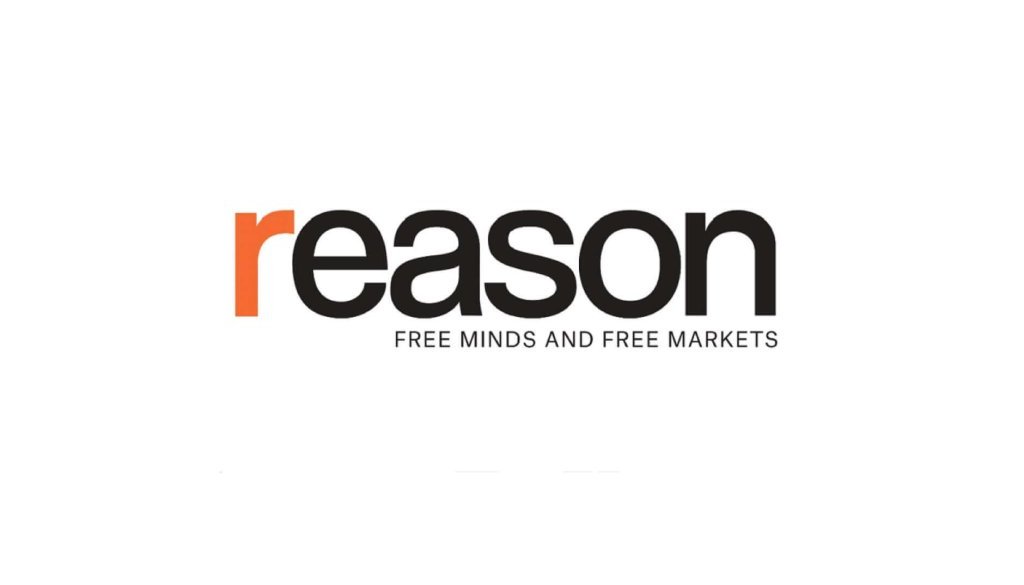The Idea of My New Book, The Digital Fourth Amendment—and Why It Matters
I posted yesterday about why I wrote my new book, The Digital Fourth Amendment. In this post, I want to give an overview of the book. What’s the subject, and what’s the argument?
Welcome to 2025. If the government is trying to solve a criminal case these days, they’ll often look for digital records. Sometimes those records are collected from a suspect’s physical devices like their cell phones. Sometimes those records are collected from network providers such as Google or Meta. In both settings, the way computers work changes what evidence exists and how the government can find it. It often means that there’s a lot of evidence out there if the government knows where to look.
So for example, in a murder case, in which the government suspects that the defendant killed his best friend for money, the government might get a warrant to search his cell phone and find stored Google searches including “are you capable of killing your best friend?” and “how does it feel when you kill someone for the first time?” (This happened in a DC case, Burns v. United States.) In a burglary case, in which the suspect was thought to have entered a woman’s apartment at night and illuminated his way with his cell phone flashlight, the government might get a warrant to show that the flashlight app’s log showed that it was “on” at the time of the burglary. (A Pennsylvania case, Commonwealth v. Ani.) And if the government has a hunch that you committed a crime, investigators might tell your Internet provider to run off a copy of your entire account to store it for the government so you can’t prac
Article from Reason.com

The Reason Magazine website is a go-to destination for libertarians seeking cogent analysis, investigative reporting, and thought-provoking commentary. Championing the principles of individual freedom, limited government, and free markets, the site offers a diverse range of articles, videos, and podcasts that challenge conventional wisdom and advocate for libertarian solutions. Whether you’re interested in politics, culture, or technology, Reason provides a unique lens that prioritizes liberty and rational discourse. It’s an essential resource for those who value critical thinking and nuanced debate in the pursuit of a freer society.




